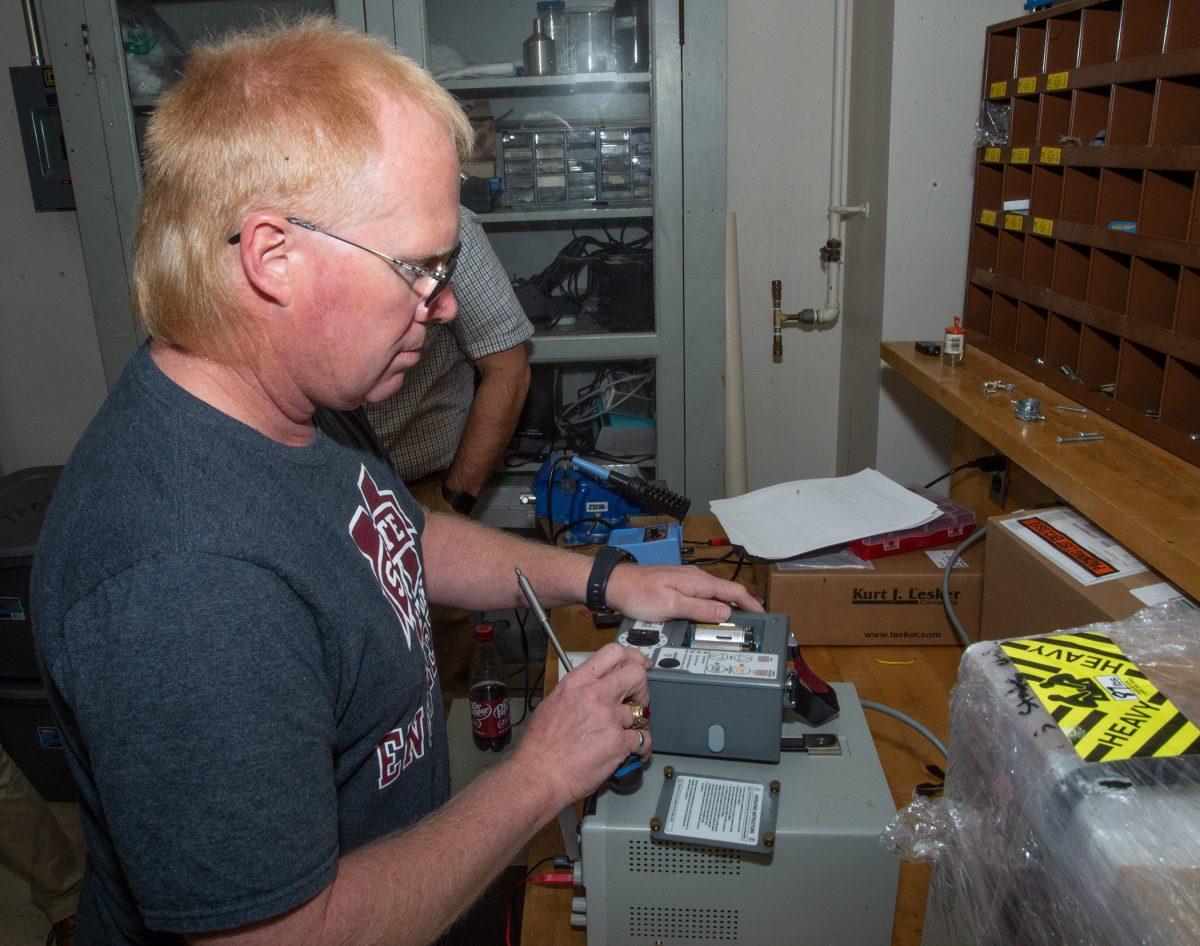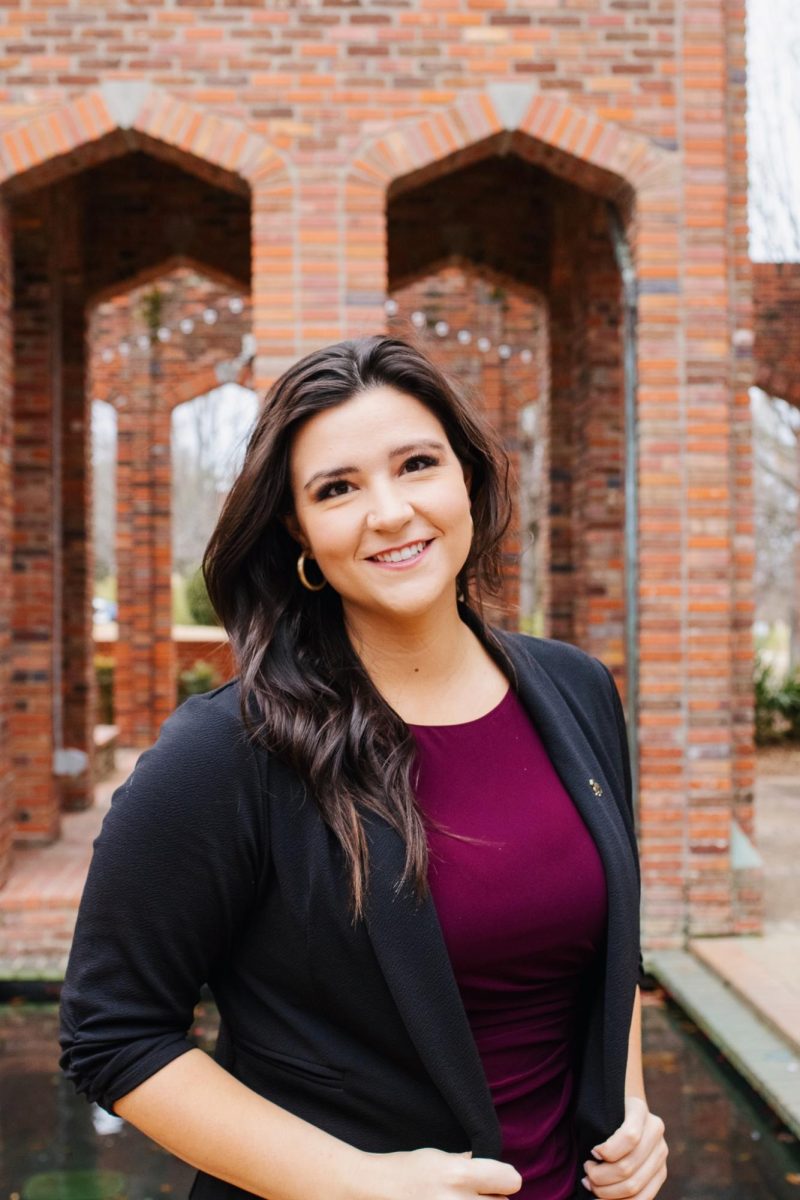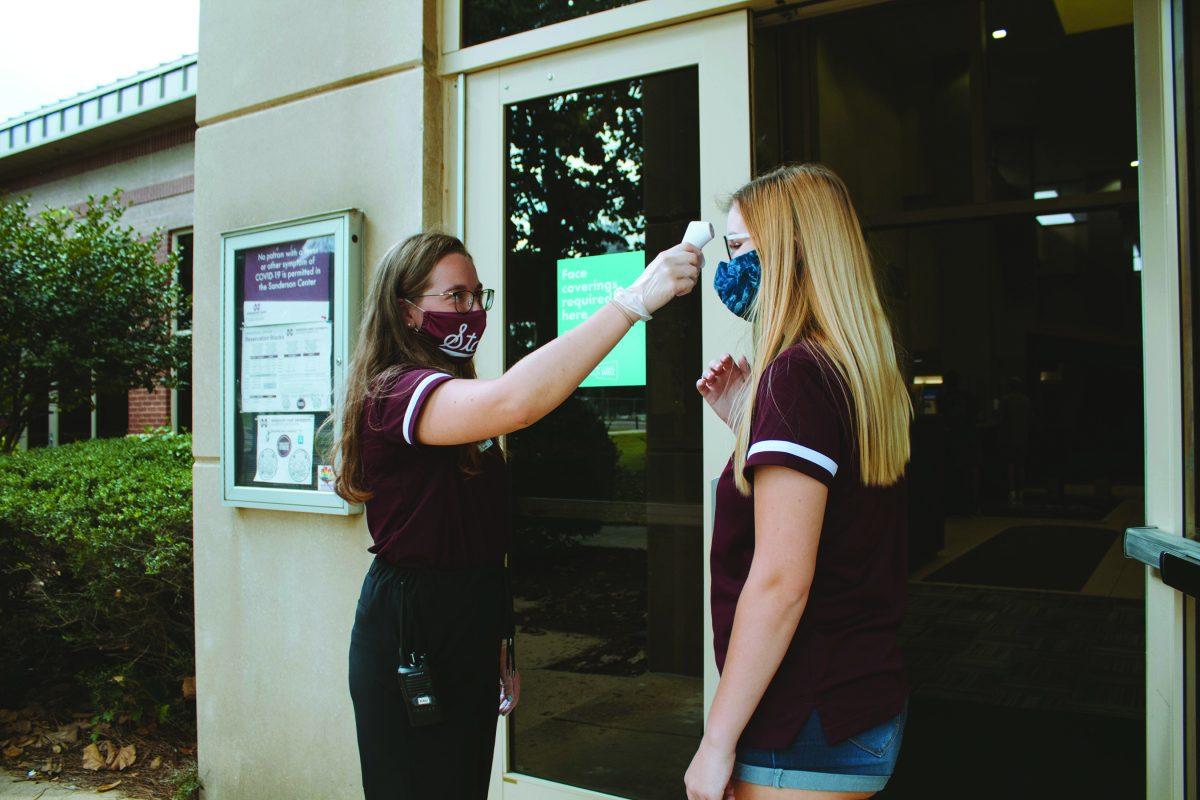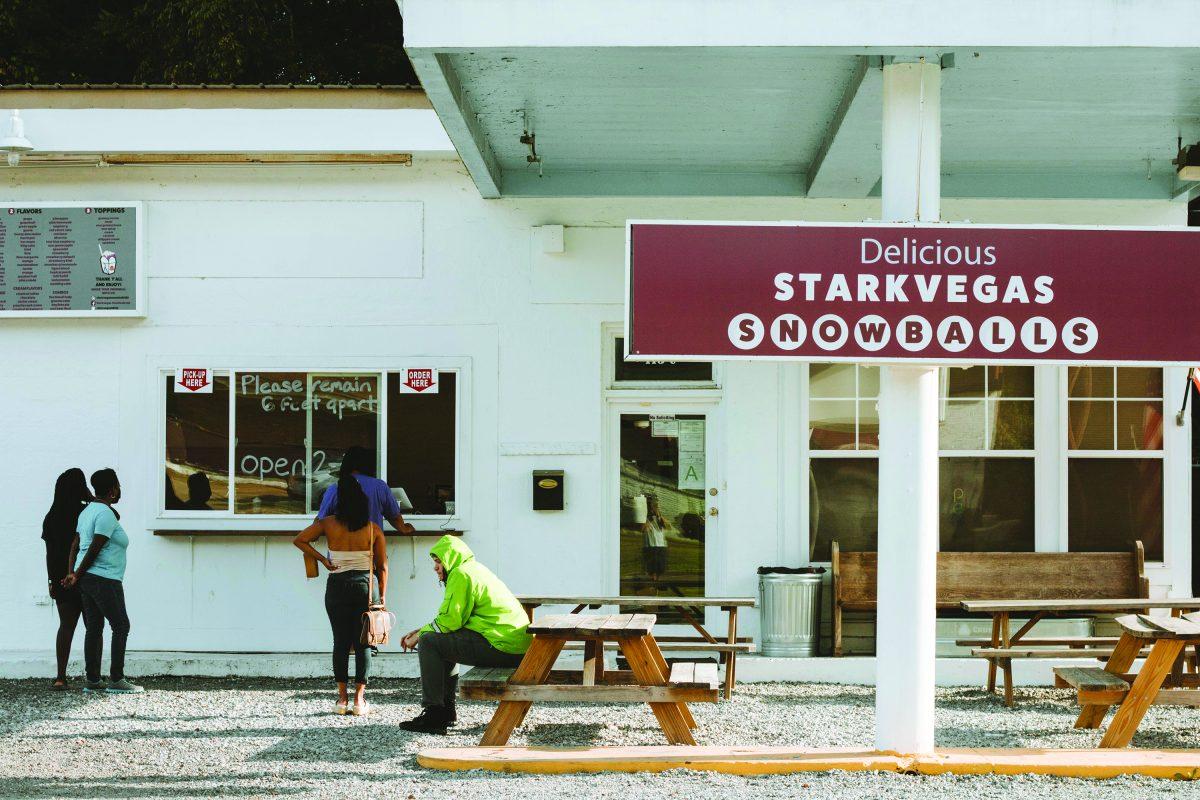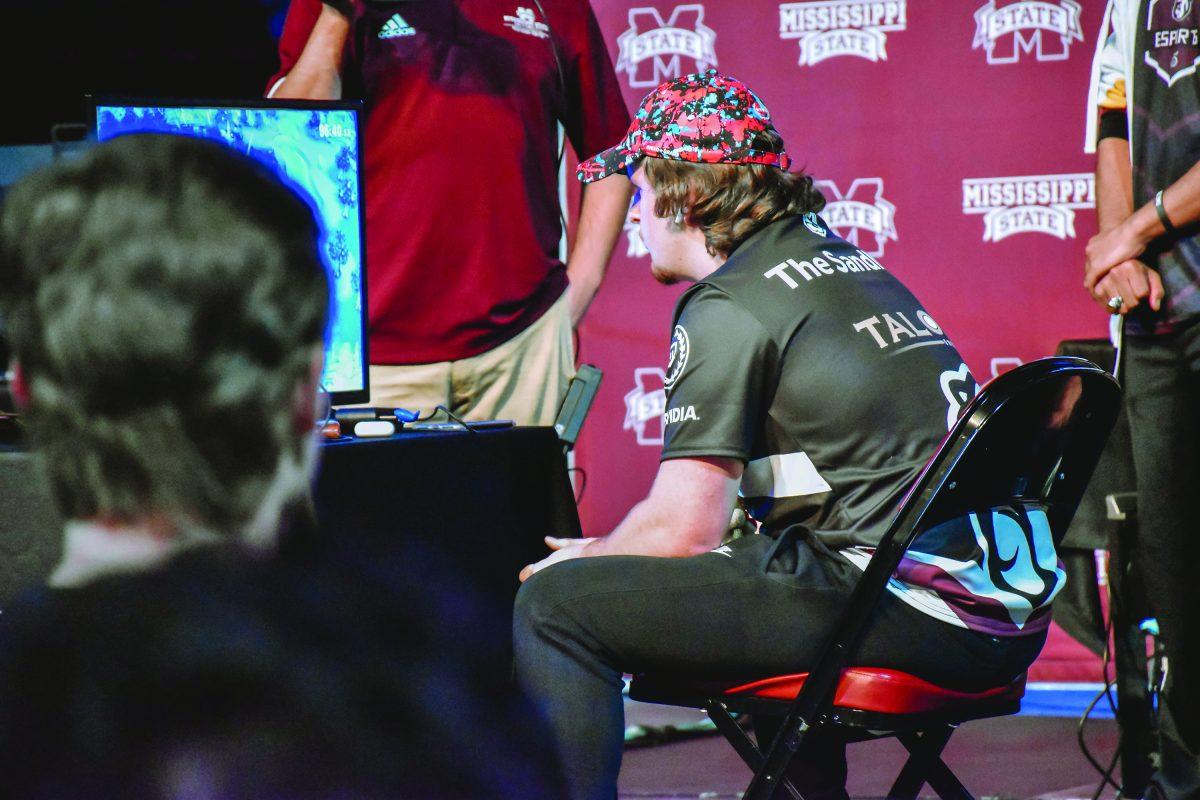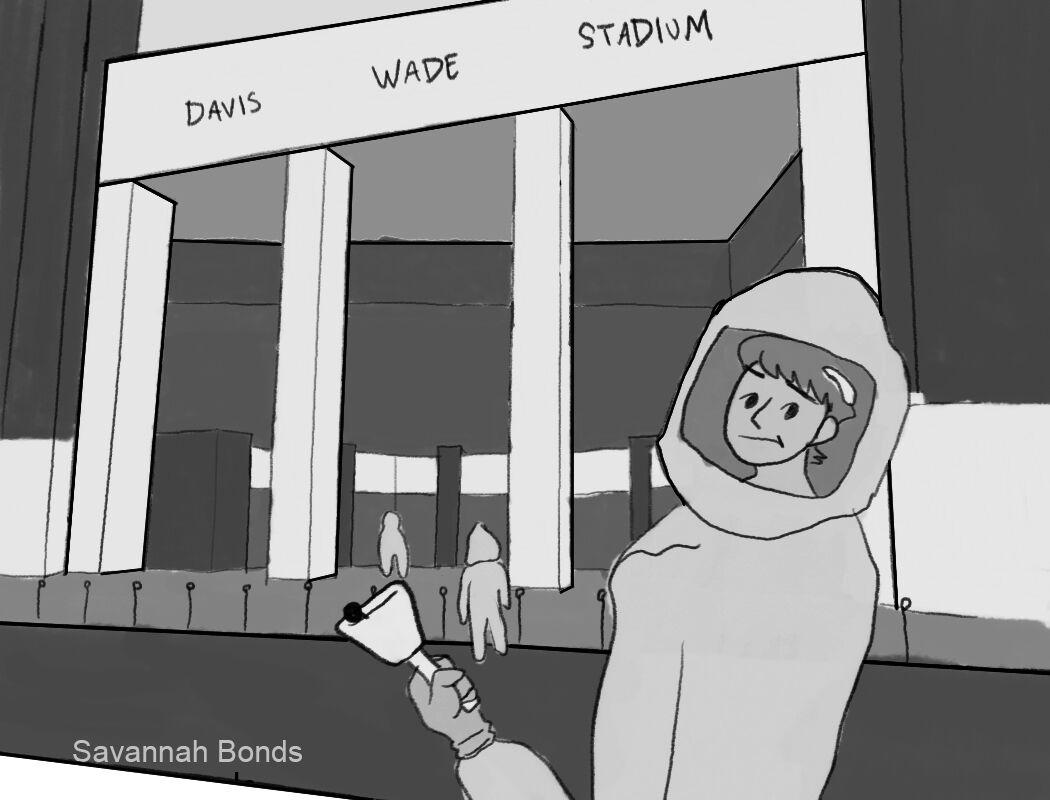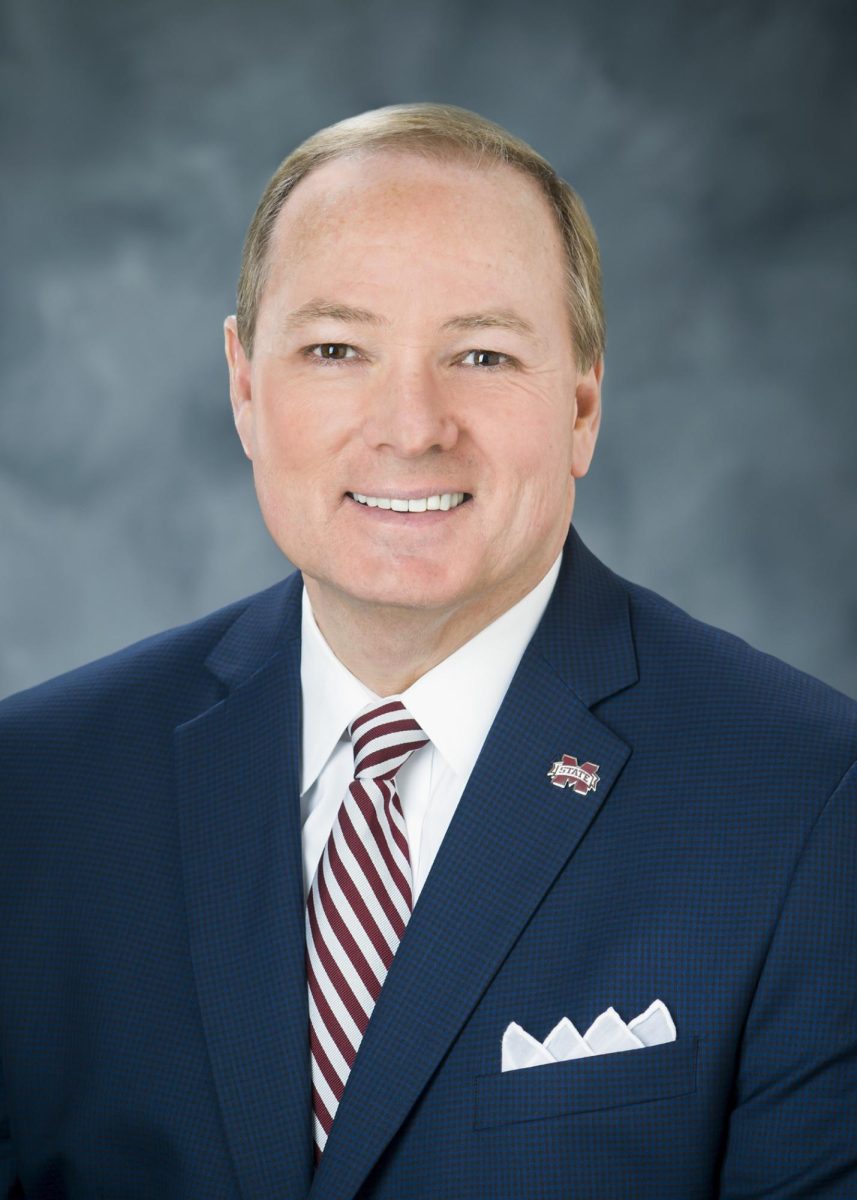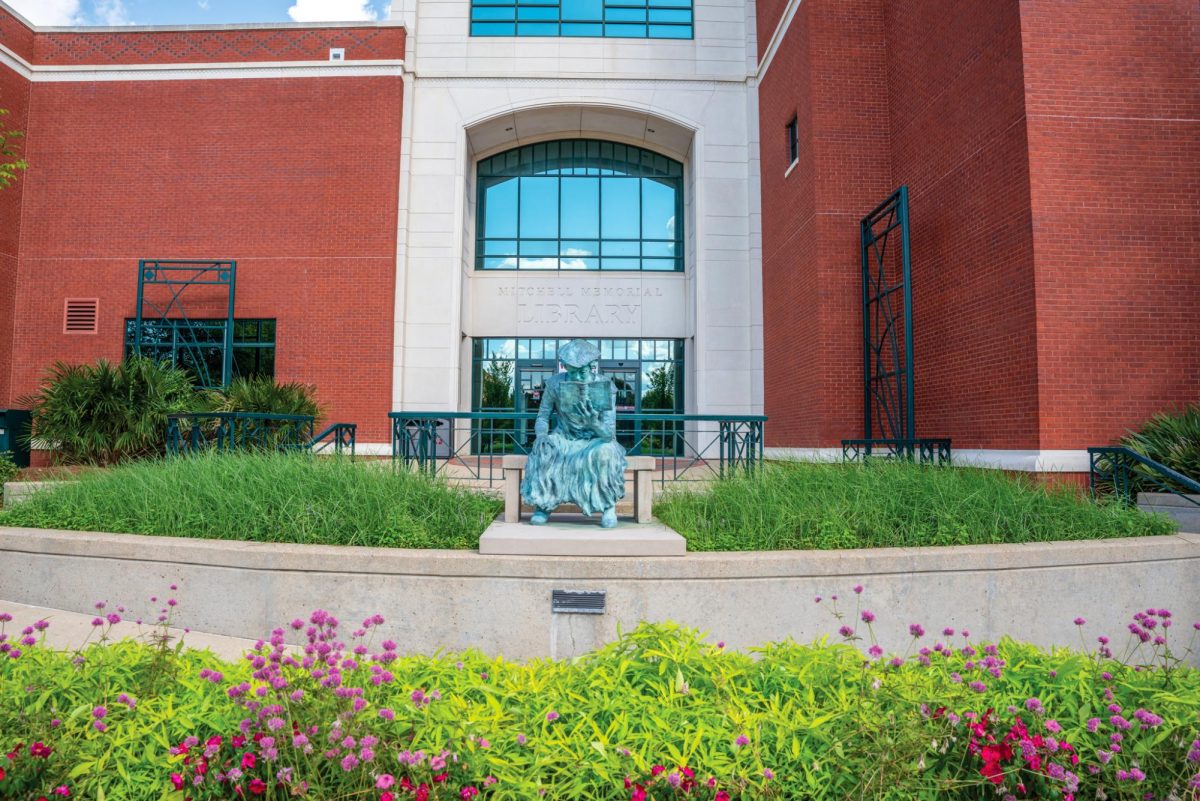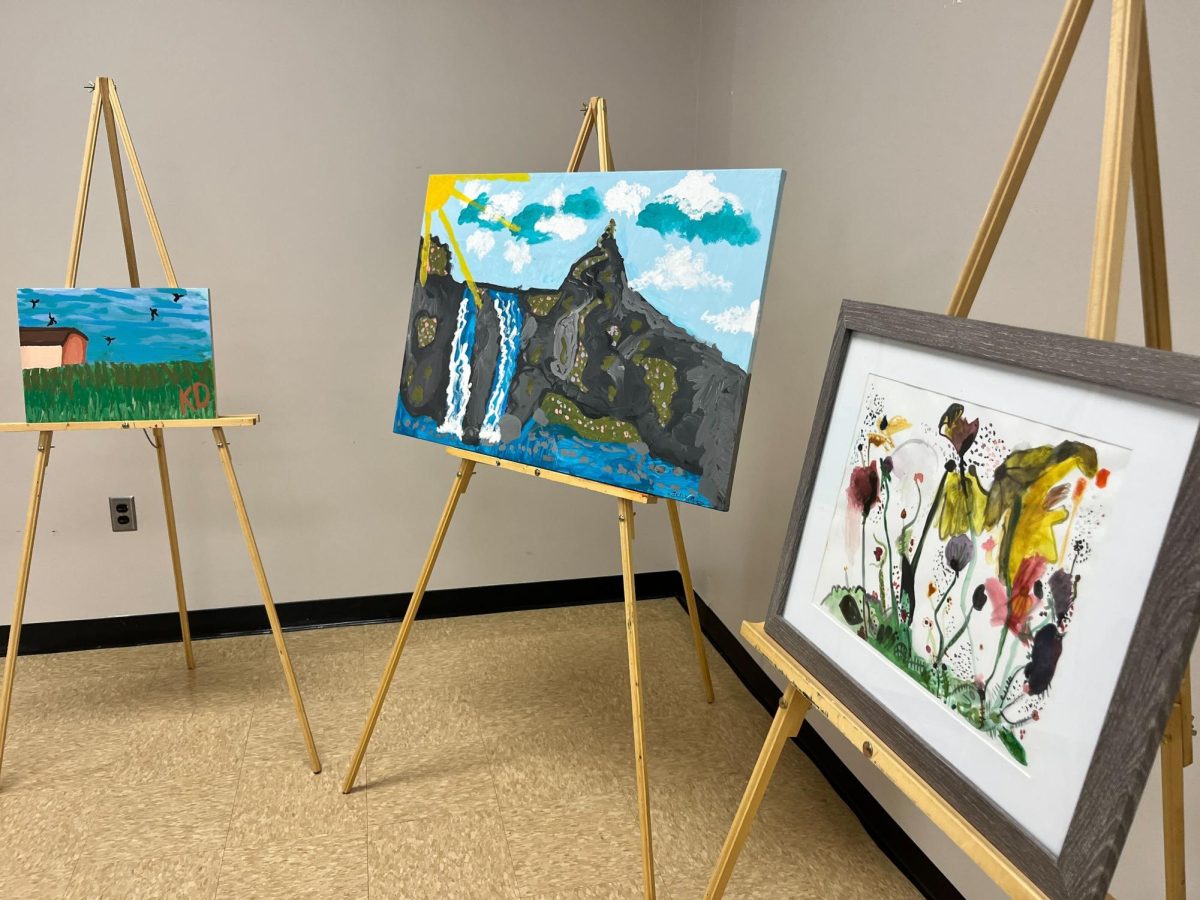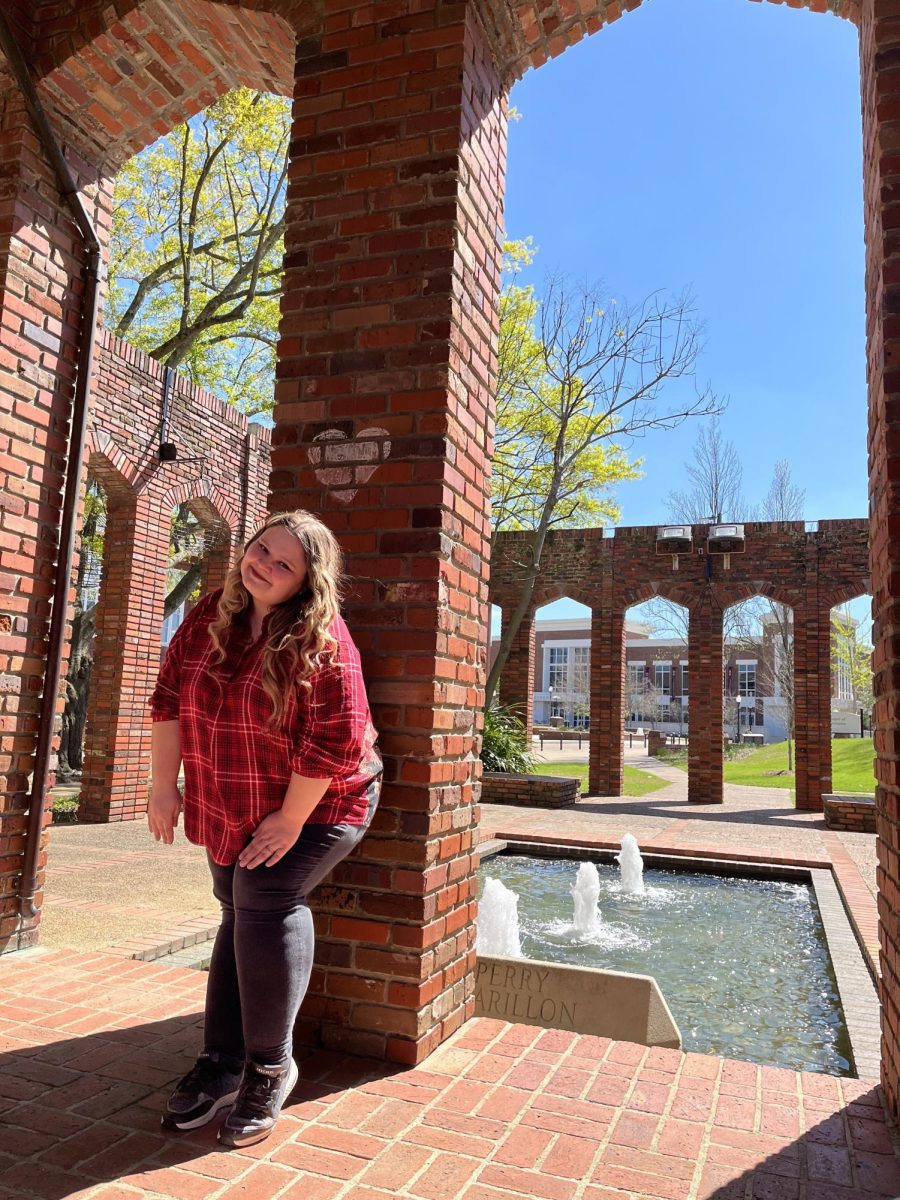Mississippi State University students and faculty have worked in the university’s Paul B. Jacob High Voltage Laboratory this week to convert over 500 battery-powered ventilators to AC power. These converted ventilators will be used for medical relief from the systemic stresses of COVID-19 at the University of Mississippi Medical Center in Jackson, Mississippi.
The ventilators, originally for temporary use following natural disasters and similar emergencies, are not suited for long-term use due to their reliance on battery power. Researchers in the High Voltage Lab have been working since Friday to convert the ventilators to resolve this issue and plan to be finished this week.
David Wallace, manager of the lab, worked alongside faculty, graduate students and undergraduate students to create modifications that not only allowed the ventilators to run on AC power from a wall socket but also switch between battery power and AC power if needed.
For Wallace and the rest of the lab, the project was straightforward after discovering which parts were needed for the conversions.
“We took the ventilators apart and saw what we needed to convert to AC power from DC so that they could be plugged in. After that, we just needed the parts shipped quickly to begin the conversions,” Wallace said. “Once we had everything up and going and had the process really lined out with everybody involved, we were able to put one ventilator out every three minutes.”
Wallace also worked closely with Taylor Machine Works, a machinery company based in nearby Louisville, Mississippi. According to Wallace, the partnership was crucial to the quick completion of the conversions.
“Taylor Machine Works was invaluable. When we got the 551 units here and figured out the process, they took half down to their factory to convert,” Wallace said. “They were also instrumental in getting the ordered parts here very quickly. They sent their own private jet to Fort Worth to pick up the parts and had them delivered here this past Friday. If it hadn’t been for them, the parts would not have arrived until at least Monday.”
Wallace said the project is almost complete, with the last shipment of converted ventilators being sent out as soon as possible.
MSU President Mark E. Keenum said in a recent press release that he was proud of the researchers involved and of the university’s ability to help in any way possible.
“I am proud that our talented researchers can put their expertise to use as Mississippi continues the battle against COVID-19,” Keenum said. “These ventilators will allow our state’s outstanding medical professionals to save more lives and provide needed care, and I appreciate the team at our High Voltage Lab working to put these to use as fast as possible. MSU stands ready to assist in this fight in any way we can.”
This enthusiasm is shared throughout the project, as seen in undergraduate student volunteers like Ryan Ladd. Ladd, a senior electrical engineering major from Cleveland, Alabama, was excited to devote his time and knowledge to such an important project.
“I was extremely excited about being involved as soon as David called me, and I let him know that I was available whenever, night and day. I wanted David to know that I wanted to volunteer my time; I didn’t care about pay or recognition,” Ladd said.
Ladd continued, saying that he was proud to make a contribution in his own way.
“It was an opportunity to take our skills and our knowledge and apply those to help with this pandemic. I don’t know anything about medicine, and I couldn’t tell you fully what a ventilator does. But what we can do is electrical components,” Ladd said. “It was an incredibly humbling experience, as well, and something that I am extremely proud and blessed to be a part of.”
Looking back on the project, Wallace is amazed at the way MSU came together to help the state.
“I think this was a fantastic coming together of people,” Wallace said. “We had all nationalities, grad students and faculty. It was just a mixture of everybody in the lab doing this. It was great seeing everybody come together to get this done as fast as we could to help the people of Mississippi.”
Additionally, MSU’s College of Veterinary Medicine loaned two ventilators to Oktibbeha County Hospital Regional Medical Center this week to help in the fight against the virus. These ventilators will be inspected and prepared for use by COVID-19 patients throughout Oktibbeha County.
MSU researchers convert ventilators for use in fight against COVID-19
Camille Carskadon | Courtesy Photo
David Wallace, manager of Mississippi State University’s Paul B. Jacob High Voltage Laboratory, provides a demonstration of the methods the lab has been using to convert 550 battery-powered ventilators to AC power to improve their usefulness for the Covid-19 crisis.
About the Contributor
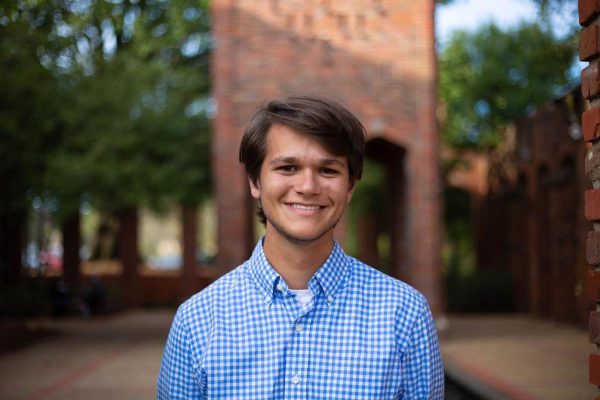
Daniel Dye, Former Managing Editor
Daniel Dye served as the Managing Editor in 2021.
He also served as the News Editor from 2020 to 2021.
Donate to The Reflector
Your donation will support the student journalists of Mississippi State University. Your contribution will allow us to purchase equipment and cover our annual website hosting costs.



















































































